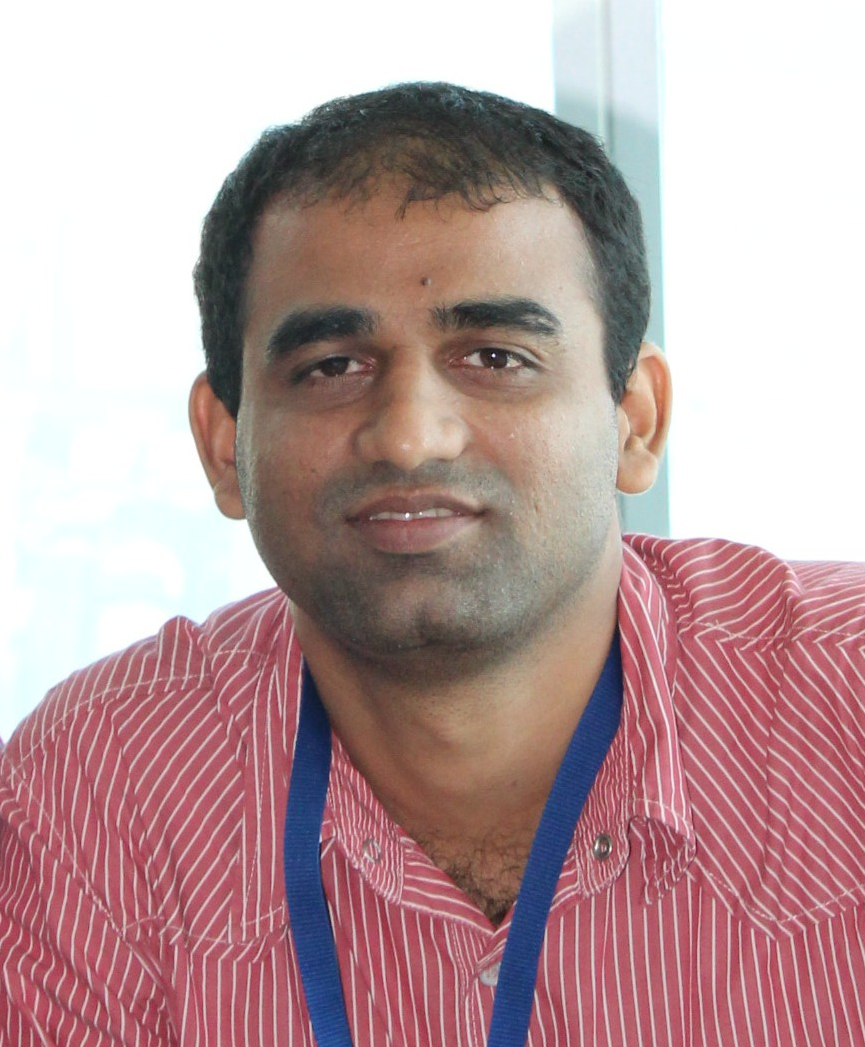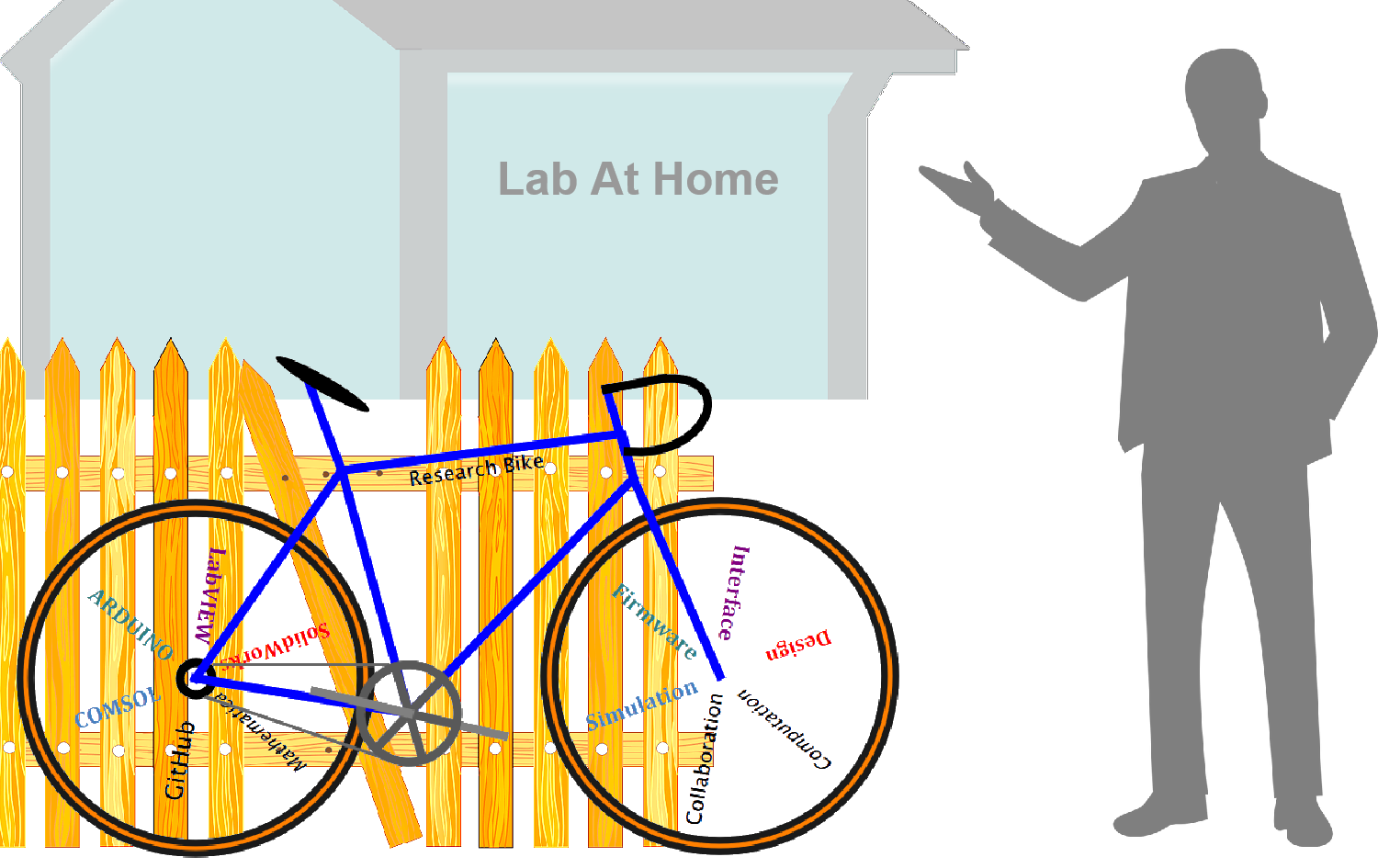Making something work is fun! Not just that, even trying to make something work could be fun. As kids, most of us did try making or building new things, we did have our own mini projects going on and we did experience the joy of doing all this. The mini projects had wide range - from making our own card games to trying to repair a broken toy or something as small as burning a paper using a convex lens. And irrespective of whether these mini projects reached their desired conclusions, the process itself was a great learning experience.

However, for most of us the drive to make new things and the enthusiasm to embark on new mini projects vanish by the time we finish school education or graduation. As we enter more competitive academic world, we stop actually acting upon any new ideas that may come to our minds. Apart from busier schedules and exam pressures, there could be several other reasons for this. As far as reluctance to curiously trying new scientific ideas is concerned there could be two probable reasons. Firstly, science has an elite status amongst academic subjects and doing any experiments is considered geeky and doing experiments outside of school is even more geeky. Another aspect could be that as we grow up, we may tend to believe that any kind of physical or hands-on efforts is not considered prestigious enough. As a result, many of us end up not trying any experiment or making/building new things which we would have done if we were young enough to not be concerned about what others think.
In schools and colleges we are trained to do things that are in curriculum; so much so that we forget that things can be done even when not prescribed by authorities. This habit gets inculcated so much that everything beyond the text books becomes alien and doing anything just for our own curiosity feels like a waste of time. When ‘Is it in the curriculum?’ becomes a criterion for trying something, there is a good chance that the fun is already lost. This doesn’t mean that the things in the curriculum are not fun. The main point here is to try to work on any idea that comes to our mind – however simple or hard it may seem initially – without being bothered about the ‘returns on the investment’. The process itself could be fun and enriching.
A set of screw drivers, a breadboard, a multi-meter, a magnifying glass, a simple microscope, glass slides… there are several things that can be added to this list. Do we have any of these items at our disposal outside of schools and colleges? I think one of the major reasons for not having them easily available (eg. at our homes) is that we believe (unconsciously) that these things ‘belong’ to school/college labs. Now why would one have these items at home? Well, a simple answer is that it would assist learning through hands-on experience and enhance problem solving abilities. We will surely find plenty of reasons to own them, the important issue however is that ‘buying these items’ is not even on our agenda. So, it is more a matter of changing our approach and start being proactive about experimenting on our own.

On The Experimentalist most of the topics would be related to science and engineering. We would get to hear fascinating experiences of experimentalists/researchers. It could be about something that excited them or triggered an interest in them or something that worked out well or even something that didn’t give an expected outcome. Their posts would also provide us with opportunity to understand how various hardware and software tools are employed in experimental set-ups and analysis. Acquiring a few new skills or tools and getting to know different ways to apply them certainly helps in opening up new possibilities and also widens ones perspective. For example, microcontroller platforms like Arduino or a programming language like Python equips a person to delve into diverse topics.
We would not only get to hear from people about their endeavors in research but also on how they took up certain topic or what made them learn new skills. This would provide interested readers with both - an inspiration and a starting point. Additionally, the posts would include interesting scientific ideas and material to experiment with, which may prove to be catalysts in learning new skills.
Please, subscribe our monthly magazine or just support us or simply follow us or share our activities to your friends.
 Elgar Kanhere
Elgar Kanhere 